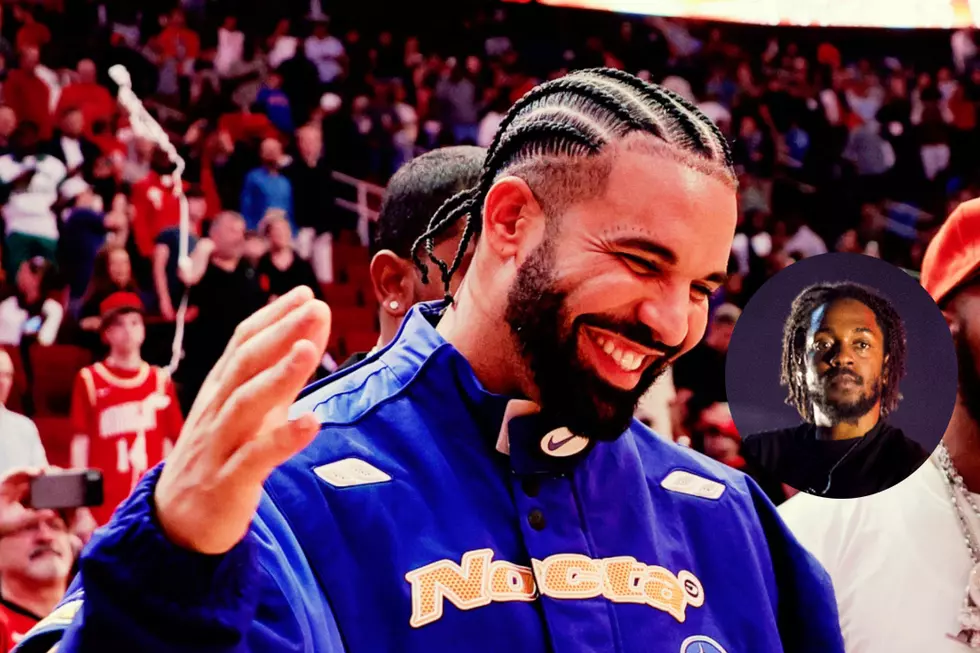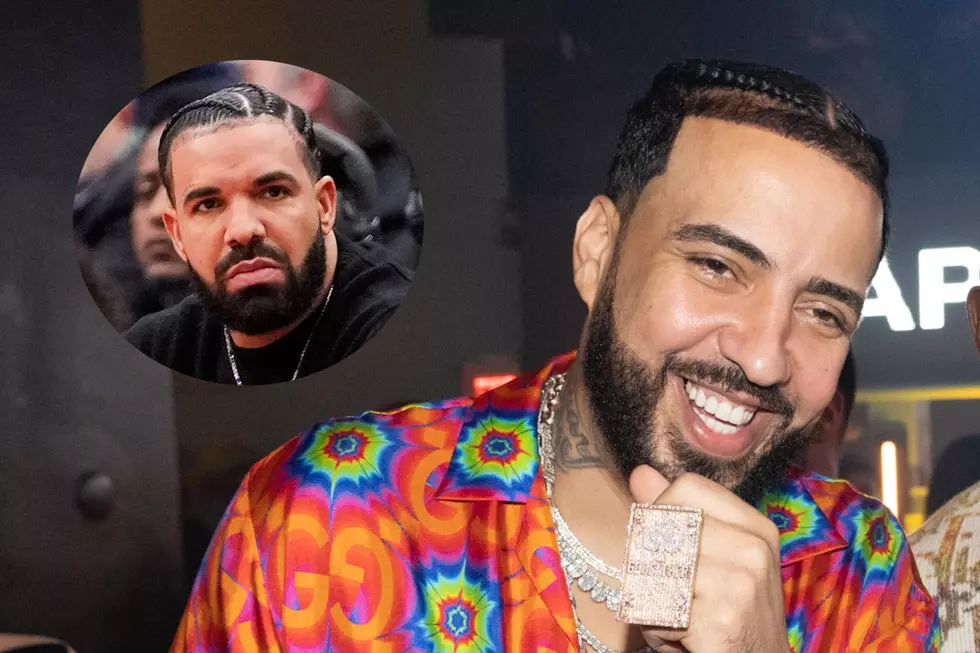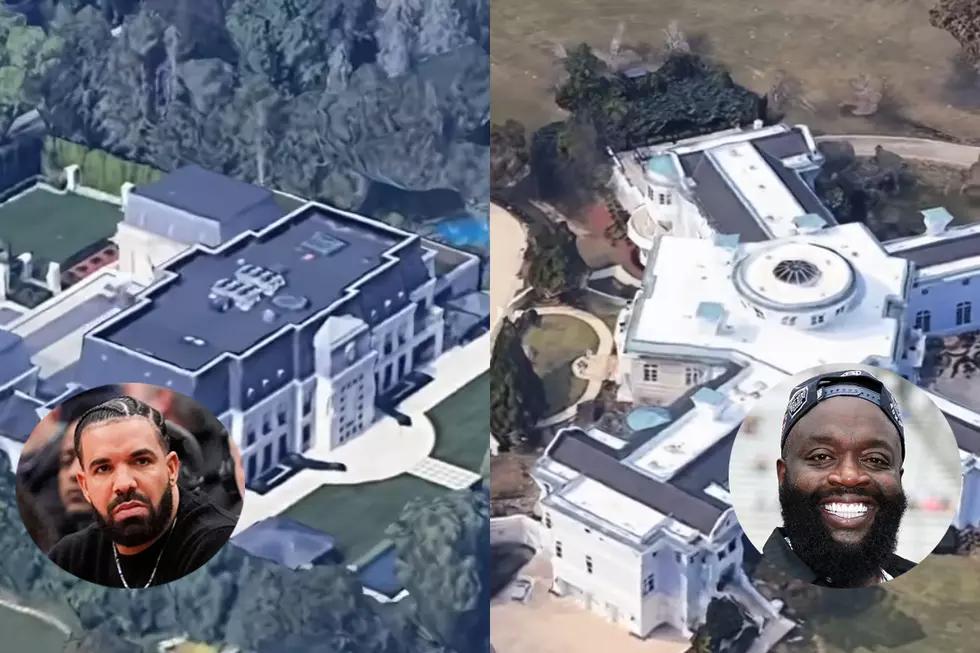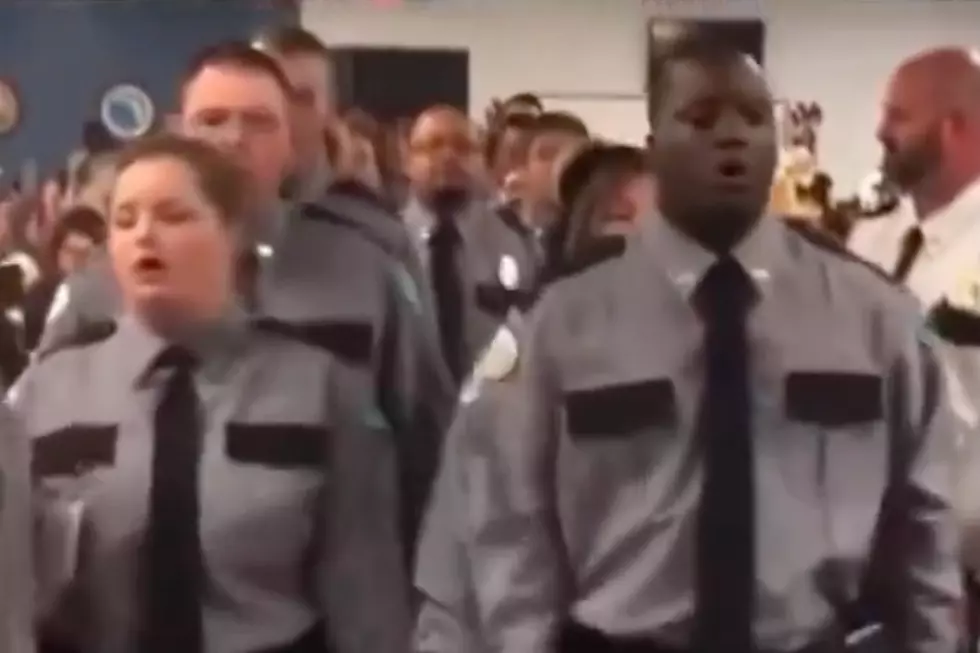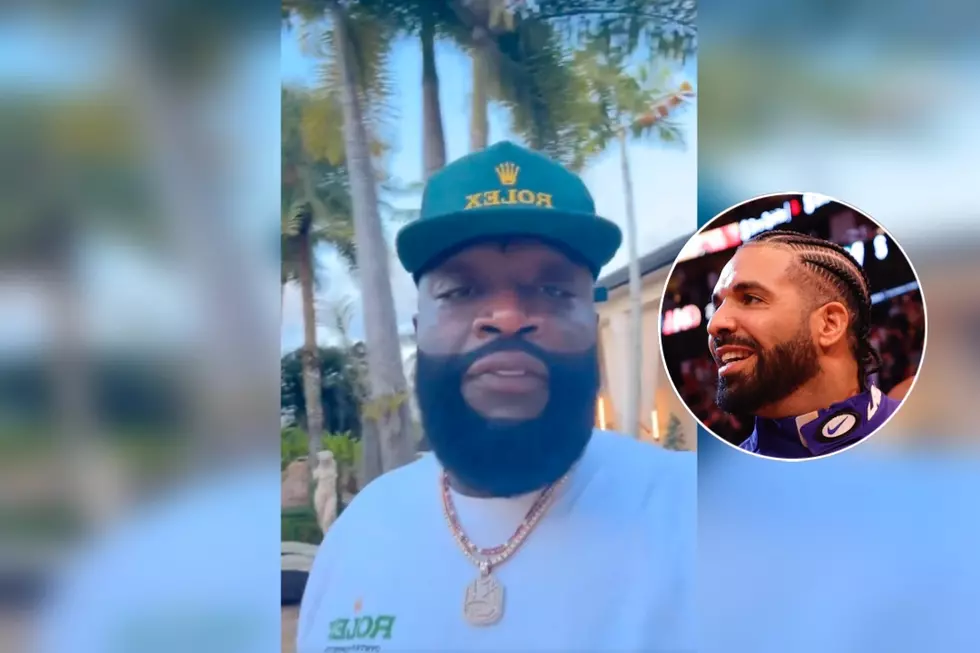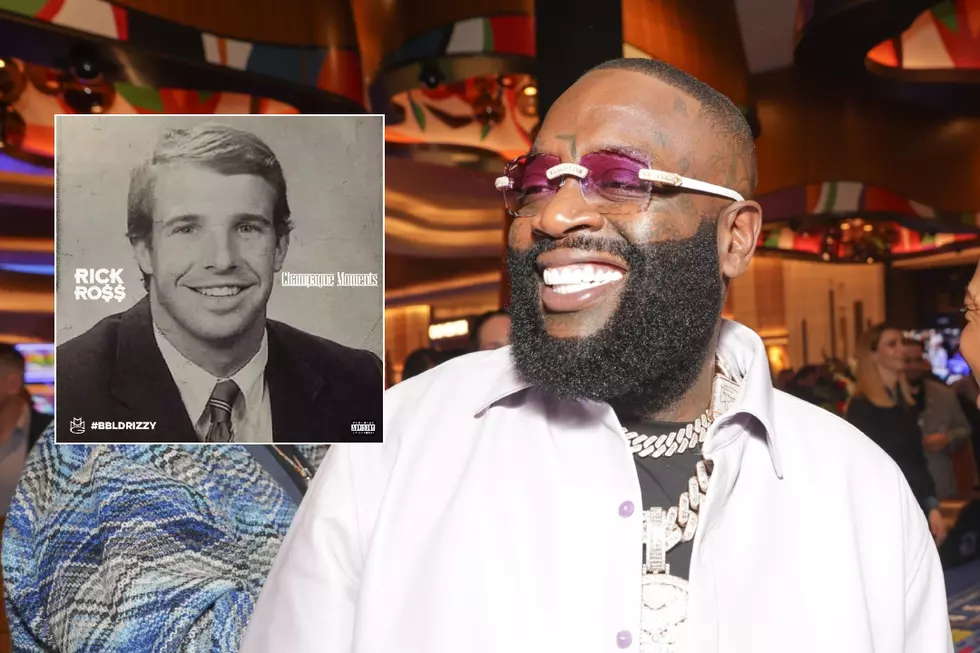
FEATURE: Def Jam 25, Moment
Photography Jonathon Mannion
“It’s Yours” was the perfect introduction. A message to ghetto youth: No more will you be restricted to mom and pop’s record collection—this song’s for you. T La Rock and Jazzy Jay’s 1984 record was Def Jam’s very first single. It set the stage for hip-hop’s first heartthrob (LL Cool J) and hip-hop’s first Billboard Top 200 No. 1 album (Beastie Boys’ Licensed to Ill), beginning the label’s legacy as a superstar factory. Without Def Jam’s 25-year history, neither hip-hop nor its surrounding globe would be the same.
XXL salutes the silver anniversary of the house that Rick and Russell built. An empire that helped create and cultivate some of hip-hop’s most star-studded and significant contributors. To document a music monument and showcase the most esteemed gratitude, what better conduit than through the authors’ stories. Here, a handpicked group of Def Jam artists signed over the past quarter of a century come together and share their most treasured label tales.
Enjoy the jewels along memory lane. After all, they’re yours. —Bonsu Thompson
SCARFACE
[On getting LL Cool J on the phone with his mama ]
My most memorable moment is when I signed my contract for my solo album and LL Cool J came to my signing party at the Time hotel. That was the coolest shit for me, ’cause that’s [the first rapper] I saw back in ’89 at the New Music Seminar. He didn’t know who I was... I was probably, like, 18 years old, on the phone with my mom, like, “Mama, I’m in New York.” Then LL come by, and I’m like, “Cool J, what’s up, man? Talk to my mama.” That was the first time I came to the city. I was such a fuckin’ fan of Cool J… For him to be there the first time I came here, and for him to be there when I signed… Man, it was a dream of mine to have that turntable on my album [cover]. Then I signed my deal with Def Jam, and he came through to my party like it wasn’t shit, like he was glad to see a nigga. Every time I see him I let him know how much I appreciate him. Every time I see him I say, “Man, I know you don’t remember this shit, but you talked to my mama back in 1989.”
GHOSTFACE
[On arguing in the Def Jam offices]
I don’t really have a big, big [Def Jam] memory, because I was never one to be in the loop over there. I do my album, I give it to you, I don’t even see you no more. I let my manager always go into the building and do what it do. Parties and all that, Christmas parties and all that, I was never really there like that… Unless I’m going to yell at somebody. Yeah, I’ve yelled at a few people and shit. They heard me and shit. L.A. Reid came to get me out the hallway. He caught me out there arguing with somebody out in the hallway. That’s when Lyor had just left. I had The Pretty Toney Album, and nobody was working my shit. L.A. was new in the building. First, he came to see what the problem was. I explained it to him, and he was like, “You know what, don’t worry about it. I’m gonna take care of you.” But I liked him for being the man that he was, to sit there and approach me, and, at the same time, he’s, like, mad cool. He’s not one of the ones that don’t look at you and then be on the phone trying to do two things at one time. It’s either gonna be you or the phone, but he always kept it, like, me and him direct. That’s why I can go ahead and make an album every year. Big up to L.A. Reid.
?UESTLOVE
[On The Roots signing to Def Jam with Jay-Z’s help ]
The Fade to Black [taping] was a two-week period. We did two dummy shows [with Jay-Z] up in Boston before we did the [Madison Square Garden] show, practicing. Me and Jay were choppin’ it up, and I kinda told him that it was frustrating being on Interscope, because we’re used to the label being in proximity of Philadelphia. He says, “Okay, I’ll see what I can do about the situation.” I say, “What do you mean?” He’s like, “Can I trust you? I’m about to make a move.” I say, “How long is this gonna be?” He said, “It’s gonna take a second.” Then it just became a back-and-forth. We had one more album left on our Interscope contract, and we had an option to extend it for an additional four albums. This was November 2003. [Jay-Z] basically said, “Hold off on that. I’ma get you your convenience back.” I guess he was saying he was about to take over the label.
For more of the Def Jam 25 cover story, make sure to pick up XXL’s November issue on newsstands now!!!
More From XXL


